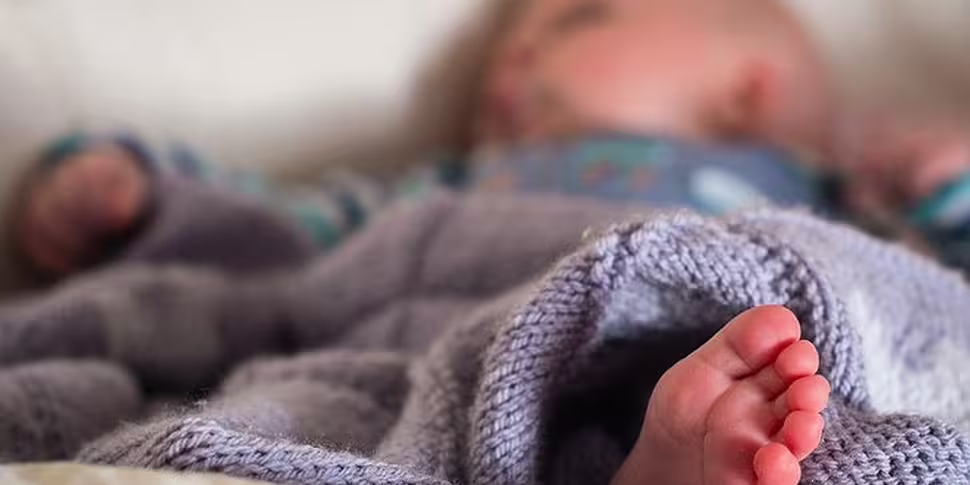A new study on economic inequality out today claims that 1 in 8 children are now living in consistent poverty.
The report from the think-tank TASC showed that child poverty almost doubled during the economic recession from 6.3% in 2008 to 11.2% in 2014.
Lead author of 'Cherishing All Equally 2016', Dr. Rory Hearne said: “This equates to 138,000 children living in consistent poverty and can be contrasted to the adult consistent poverty rate of 7.9% in 2014 and 2.1% for those aged 65 and over."
Single parent households were shown to have the highest poverty and deprivation rates.
The report also looked at the impact of increased economic vulnerability on education standards.
It showed that at nine months old, the level of household incomes a child is born into has no correlation with their cognitive potential. However, Dr. Hearne said that the impact of income disparity becomes stronger as children get older.
"By the age of three, those in higher income families are performing better with a difference of at least 10 points in the average scores on the Naming Vocabulary tests," he explained.
“At age nine years, a 1% increase in household income is predicted to increase reading score by 5.16% and maths scores by 5.1%.
"Again at age nine, children in the bottom income deciles are disproportionately more affected by learning disabilities – the incidence of speech and language difficulties amongst children aged nine in the bottom three deciles are double the incidence for children in the top three deciles.”
Dr. Hearne also said that there is a "strong negative correlation between children’s self-image and their social class background," as children from disadvantaged background tend to be more anxious, less happy and have behavioural problems.
The report highlighted the key factors contributing to economic inequality in Ireland, which include low paid jobs, low hours employment, precarious employment and unemployment.
Figures released yesterday by the Department of the Environment show almost 1,100 families were homeless at the end of last month, with the number of homeless children at 2,206. That is 67% higher than the numbers for June last year.









